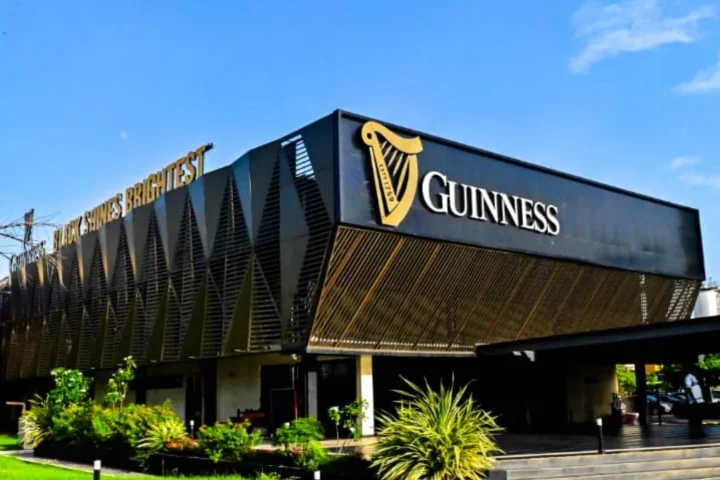China’s richest woman, Yang Huiyan, has lost more than half of her wealth after the real estate industry in the Asian country collapsed over lack of cash, as new investment into the sector depreciates.
Huiyan had become the wealthiest woman in Asia in 2007, two years after her father, Yang Guoqiang, transferred his shares in the Chinese property company he founded, Country Garden, to her.
Join our WhatsApp ChannelGuoqiang had established Country Garden in 1992, and handed the keys to the property company to Huiyan 15 years later. She became a billionaire at the age of 26, but her stay in the billionaire club is threatened by the sector’s devaluation.
The fear in the industry had also rear its head when Country Garden announced to investors that it will sell part of its shares to enable the Chinese property company raise funds, as the country’s government’s 2020 crackdown on the significant debt in the real estate industry affect cash in the industry.
This has made obtaining loan nearly impossible for stakeholders in the Chinese real estate sector, with property giants like Evergrande and Sunac having to negotiate with creditors, as they find it difficult to make payments.
Country Garden’s announcement led to a sell off among shareholders on Wednesday, resulting to the Chinese company’s share falling by -15%. This affected Huiyan’s investment in the firm
Between 2021 and 2022, Bloomberg Billionaire Index reveals that Huiyan has lost $12.4 billion, representing 52% of her wealth, after it crashed from $23.7 billion to $11.3 billion.
Her position as Asia’s richest woman is now threatened by Fan Hongwei, who has a networth of $11.2 billion as of Thursday, based on her Chemical fibres business.

















Follow Us